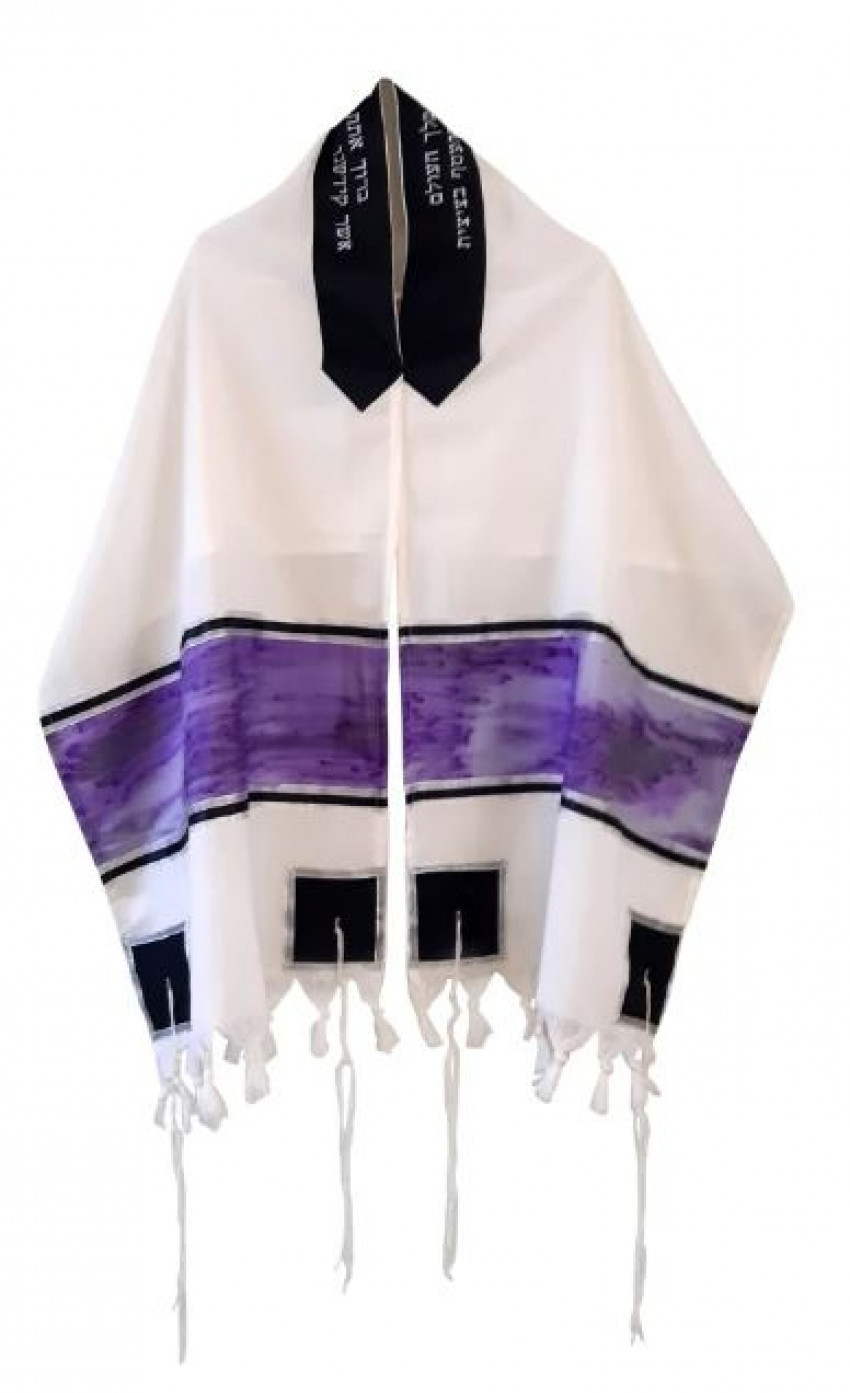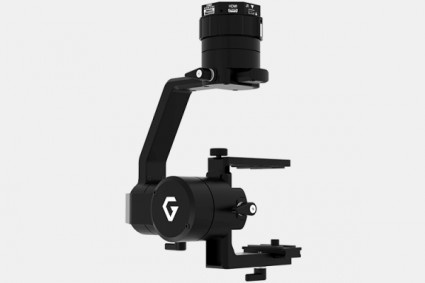
Every religion in the world contains several pre-wedding customs to support and honor the wedding couple before their big day. In this regard, the Jewish religion is no different from the others with their own sets of customs, some of which are practical and others more spiritual in nature. Read on to know about some of the most common Jewish pre-wedding customs that help mark the days leading up to a Jewish wedding.
1. Separation
The Jewish tradition requires the wedding couple to be separated for a period of time before the wedding. Traditionally, this separation between the couples used to last for 7 days, but nowadays, it has been seen that many couples stay apart for only a couple of days. This time is given to the couple so that they can spend it with their family and friends. Yes, it is true that you will not see each other for a few days but think about the happiness you’ll get after seeing your partner under the chuppah.
2. Henna Ceremony
Of all the Jewish wedding traditions, the henna ceremony is the most favorite among women. Common in most Middle Eastern countries, the henna is a symbolic event and a statement of pride for those of the Jewish faith. It is often celebrated with close women friends and family a few days before the wedding. The main purpose of organizing and celebrating the henna party is to adorn and bless the bride with good luck, health and fertility, and to protect them against the evil eye. Later, both mothers exchange gifts and feed the bride with many Middle Eastern delicacies, including sugar, honey, olives, almonds and all other types of sweets.
Earlier, this custom was only celebrated among Sephardic and Mizrahi communities but slowly a lot of brides from the Ashkenazi backgrounds are also adopting the henna ceremony custom. Nonetheless, it's a great way to do a little bit of female bonding.
3. Aufruf
Aufruf is a traditional Jewish ceremony that takes place prior to the Jewish wedding, where the bride and groom are called to the Torah for a blessing called an aliyah. On the completion of this ritual, the entire congregation wishes luck and happiness and showers blessings by throwing candies and nuts on the couple. The aufruf is usually followed by a “kiddish” or reception which is organized to bring together family and friends and celebrate the couple.
4. Mikvah
A mikvah is a uniquely built pool of purifying water in which ritual cleansing is performed. Just prior to the wedding, either the night before or as close to the wedding as possible – even the afternoon before the ceremony, the bride immerses in a mikvah. As per the Jewish tradition, the immersion of a bride in a mikvah symbolizes that she is prepared for the profound change marriage will bring. After this joyous ritual, the bride is greeted with special mikvah songs, dance and sweets. A small party for her women friends and relatives is also thrown.
In some communities, grooms also immerse in a mikvah, sometimes accompanied by a group of friends and have men-only parties afterward.
5. Fasting
Fasting is an ancient custom in the Jewish religion in which both the bride and the groom fast from dawn until the conclusion of the wedding ceremony. Fasting is important in Jewish tradition because that symbolizes forgiveness for all the previous sins of the bride and groom, enabling them to enter the chuppah and their new life together with a clean slate. The fast is broken under the chuppah with a glass of wine.
To Conclude- The role of man tallit
Incorporating the above-mentioned Jewish pre-wedding traditions ensures that you value your religion much more than anything else. Along with the traditions, another thing that plays a crucial role in a Jewish wedding is the tallit. A tallit is a Jewish prayer shawl that is used in several ways as part of Jewish wedding traditions. A bride often gives a man tallit to the groom as a wedding gift. The bride's gift signifies her role in her husband's cooperation with and deference to God.




